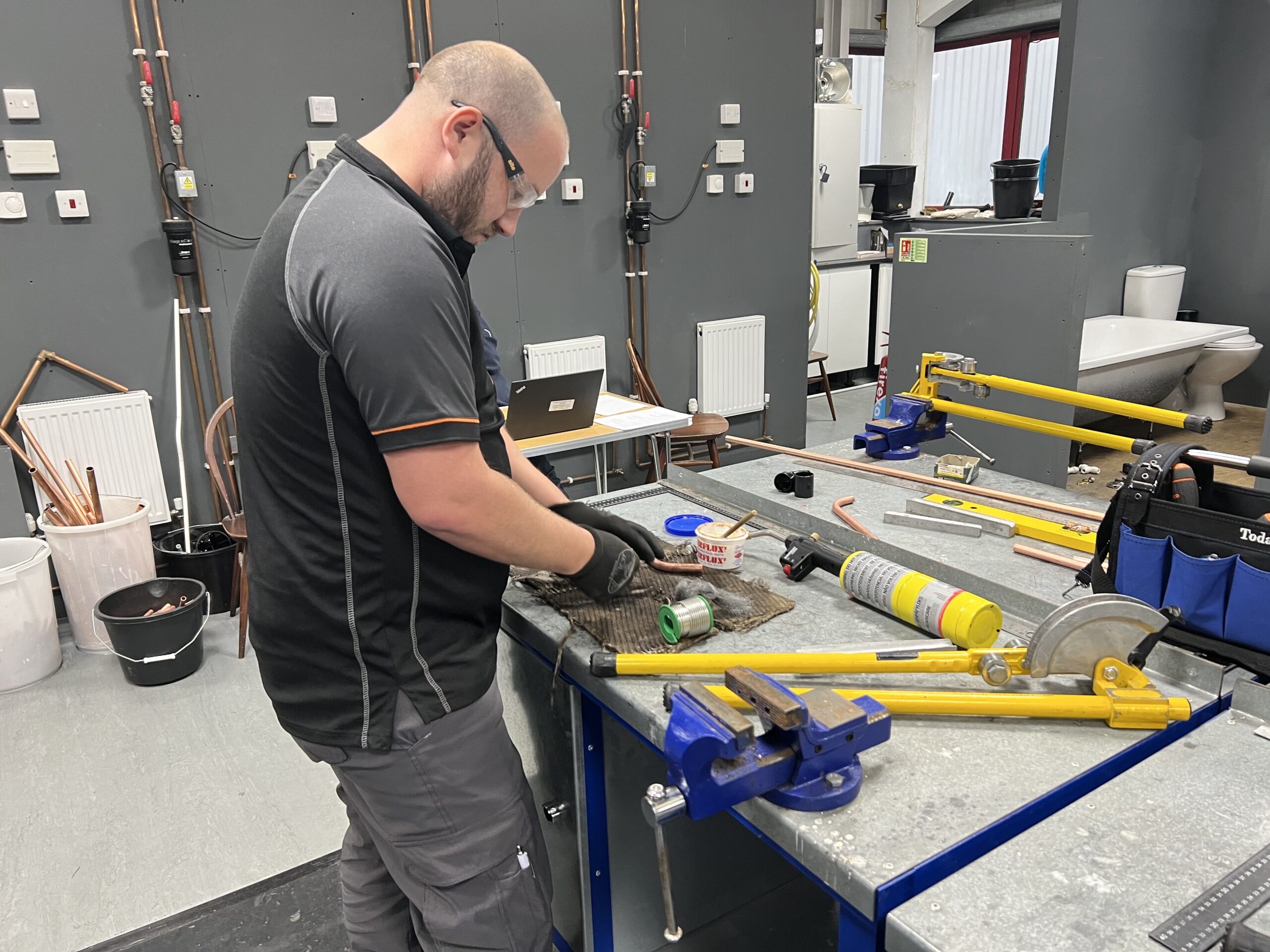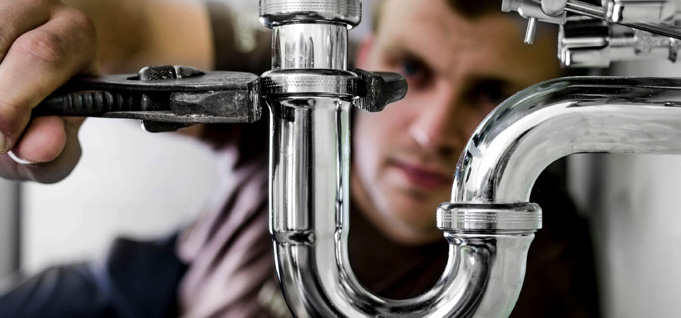Trainee plumbers often want to know: What qualifications do I need to be Gas Safe registered?
Trainee plumbers often want to know: What qualifications do I need to be a gas engineer?
The industry recognised route to become Gas Safe registered is either to gain an ACS (Accredited Certification Scheme) certificate of competence in their chosen area (domestic gas, commercial gas, commercial catering or metering) which would include a core gas safety element and then the relevant appliances or other modules that reflect the work you will carry out or, a nationally recognised Level 3 Gas Qualification. These certificates need to be renewed every 5 years.
To do this for the first time you will need to undertake a recognised Managed Learning Programme (MLP) that conforms to the industry requirements detailed in IGEM document IG1. Logic4training offers the LCL Awards Managed Learning Programme that meets the industry standards.
When the MLP and ACS assessments have been completed then the engineer can then apply to join the Gas Safe Register.
Plumbers or budding engineers looking for recognised gas training courses should visit our how to become a gas engineer page.
Do you have practical skills?
To be a successful heating engineer takes time, there is no fast track route.
While training and qualification can be achieved in around 6 months depending on previous experience, building a solid customer base and learning the trade is a long road.
It is, however, considered an incredibly rewarding career. Gas engineers are held in high regard and can earn upwards of £35k per year.
Gas Qualifications
When a candidate successfully undertakes the Logic4training Managed Learning Programme for Domestic Gas Heating Installers and passes his/her domestic ACS assessment for the first time they will be qualified to work on boilers and water heaters.
Logic4training’s Managed Learning Programme for Domestic Gas Heating Installers includes the following qualifications:
- CCN1 – Core Domestic Gas Safety, including CPA1 (Combustion Performance Analysis)
- CENWAT – Central Heating Boilers & Water Heaters
Each of these qualifications has to be renewed every 5 years.
Many individual appliances have their own qualification. For domestic gas appliances these include the following, as well as the ones above:
- CKR1 – Cookers
- HTR1 – Space Heaters (including Gas Fires and Wall Heaters)
- DAH1 – Warm Air Heaters
- MET1 – Meters
- LAU1 – Tumble Dryers
- REGT1 – Medium Pressure Meter Regulators
- LEI1 – Domestic Gas Fired Leisure Equipment (Appliance range: barbecues, greenhouse heaters, refrigerators, gas pokers, gas lighting and patio heaters)
LPG or Liquefied petroleum gas (Also referred to as simply propane or butane) has it’s own set of qualifications, as does commercial gas.
The core LPG qualification is known as CONGLP1PD. This allows gas engineers to work legally on LPG installations in permanent dwellings. This is a changeover qualification for gas engineers holding another core domestic or commercial gas qualification.
Other LPG qualifications include:
- CONGLP1 LAV – Leisure Accommodation Vehicles
- CONGLP1 RPH – Residential Park Homes
- CONGLP1 B – Boats & Yachts
- CONGLP1 HTRLP2 – Closed Flue Gas Fires (LPG)
Commercial qualifications include:
- COCN1 Core Commercial Gas Safety Course
- CODNCO1 Changeover Domestic to Commercial
- ICPN1 Installation First Fix on Commercial Pipework
- CIGA1 Indirect Fired Commercial Appliances
- CDGA1 Direct Fired Commercial Appliances
- CORT1 Overhead Radiant Tube & Radiant Plaque Heaters
- TPCP1a Tightness Testing & Direct Purging of Pipework not exceeding 1m³ in volume or 6″ in diameter
- CGFE1 Gas Fuelled Engines Course
- BMP1 Gas Boosters (Formerly CBHP1)
- MET4 Diaphragm Gas Meter Course
For more details visit the commercial areas of our site:
Commercial Heating (Packages)
Commercial Heating (Modules)
Commercial Catering
Commercial Laundry
Like domestic qualifications, commercial qualifications must be renewed every 5 years. This is to ensure engineers are able to meet legal standards and follow the latest regulations.
Help for heating engineers
Are you getting started on your journey to join the Gas Safe Register for the first time?
Are you an experienced gas engineer ready to take the next step in your career but don’t know which direction to turn?
Because there are so many relevant qualifications for Gas Safe engineers it can get confusing. Logic4training are here to help you understand how to become a gas engineer.
Our customer service team are on call, Monday to Friday from 8:30am – 5pm ready to offer advice on which gas training course you may need.
Contact us today.
Call: 0208 845 7222
Email: [email protected]









